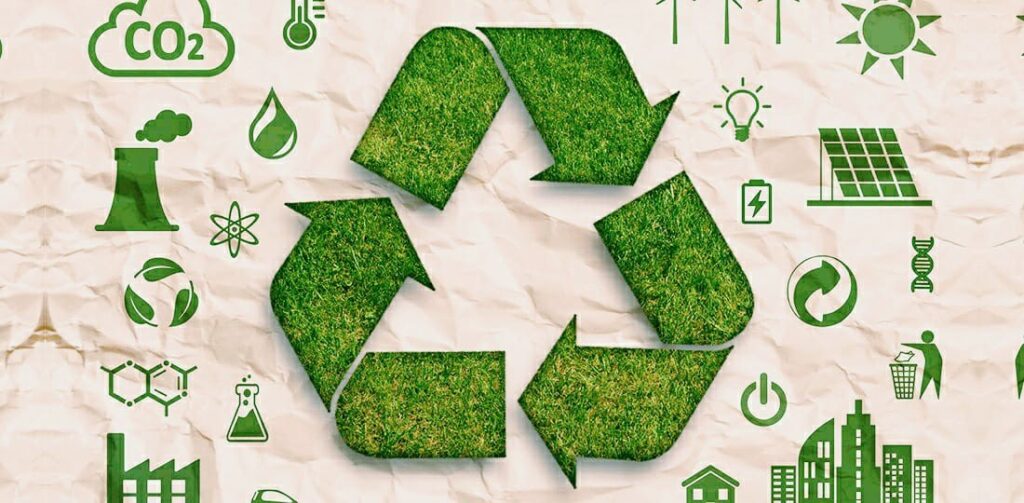What is the sustainability in textile ?
Sustainability in textiles refers to environmentally and socially responsible practices and principles within the textile industry. It encompasses a wide range of efforts to minimize the negative impacts of textile production and promote ethical and sustainable practices throughout the supply chain. Here are some key aspects of sustainability in textiles:
- Eco-friendly Materials: Using sustainable and natural materials, such as organic cotton, hemp, or recycled fibers, in textile production to reduce the environmental impact. This includes reducing the use of synthetic chemicals and promoting organic farming methods.
- Reduced Water and Energy Consumption: Implementing technologies and practices that minimize water and energy consumption during the production of textiles, dyeing, and finishing processes.
- Waste Reduction: Reducing and managing textile waste, including post-consumer waste and manufacturing waste. This can involve recycling and upcycling initiatives.
- Safe and Non-Toxic Chemicals: Minimizing the use of harmful chemicals, such as dyes and finishing treatments, and adopting non-toxic and low-impact alternatives to protect both the environment and workers.
- Ethical Labor Practices: Ensuring fair wages, safe working conditions, and the protection of workers’ rights throughout the entire textile supply chain, from farming to manufacturing and beyond.
- Sustainable Design and Production: Integrating sustainability principles into the design process, including product durability and easy disassembly for recycling.
- Transparency: Providing consumers with information about the origin, production methods, and environmental and social impacts of textile products.
- Circular Economy Initiatives: Supporting a circular economy by designing products for recyclability, reuse, or refurbishment, and participating in take-back and recycling programs.
- Certifications: Seeking and adhering to industry certifications such as GOTS (Global Organic Textile Standard) or Oeko-Tex, which verify that certain environmental and social standards are met.
Sustainability in textiles is a growing concern in the industry, driven by increasing consumer demand for eco-friendly and ethically produced products. Companies are adopting sustainable practices and developing innovative solutions to reduce the environmental and social footprint of textile production while providing consumers with more responsible and sustainable options.

